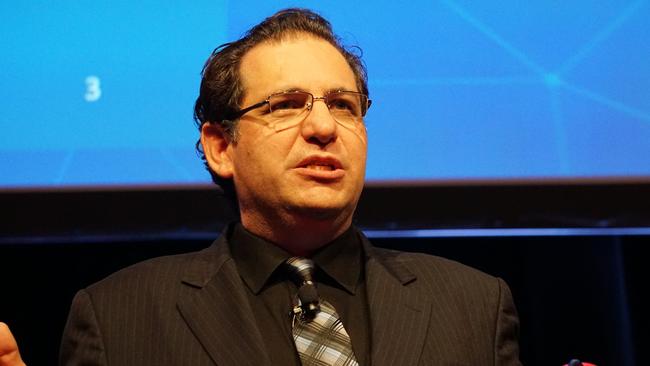Snowden slams Australia’s data retention laws during Melbourne confrence
EDWARD Snowden has lashed out at the Australian government, labelling data retention laws as ‘dangerous’ and saying everybody is being watched ‘all the time’.

NSA WHISTLEBLOWER Edward Snowden has lashed out at the Australian Government’s data retention laws during a conference in Melbourne.
Mr Snowden joined the Progress 2015 conference via video link from Moscow, where he sought asylum.
During his address, Mr Snowden said the Federal Government’s data retention laws passed in March breach the privacy of Australians.
“This is dangerous,” he said.
“This is not things that governments have ever traditionally been empowered to claim for themselves as authorities.
Mr Snowden said the laws were a radical departure from the operation of traditional liberal societies around the world.
“What this means is they are watching everybody all the time,” he said.
“They’re collecting information and they’re just putting it in buckets that they can then search through not only locally, not only in Australia, but they can then share this with foreign intelligences services.
“They can trawl through this information in the same way. Whether or not you’re doing anything wrong you’re being watched.”

While he acknowledged governments must take precautions to protect its citizens from terrorism, Mr Snowden said metadata retention is not the answer.
“Nine times out of 10 when you see someone on the news who’s engaged in some sort of radical jihadist activity, these are people who had a long record,” he said.
“The reason these attacks happened is not because we didn’t have enough surveillance, it’s because we had too much.”
Speaking at technology conference CeBIT in Sydney earlier this week, cyber security expert Kevin Mitnick said the laws appealed to illegal hackers.
“They are extremely attractive because of the information that is stored, “he said.
“In my experience everything is hackable … so you hope the government agency or the third party provider has very high security standards.”



